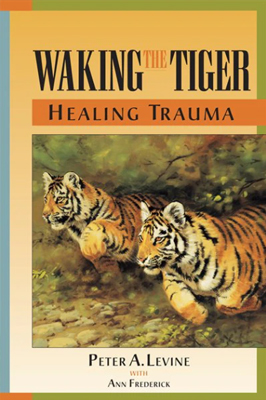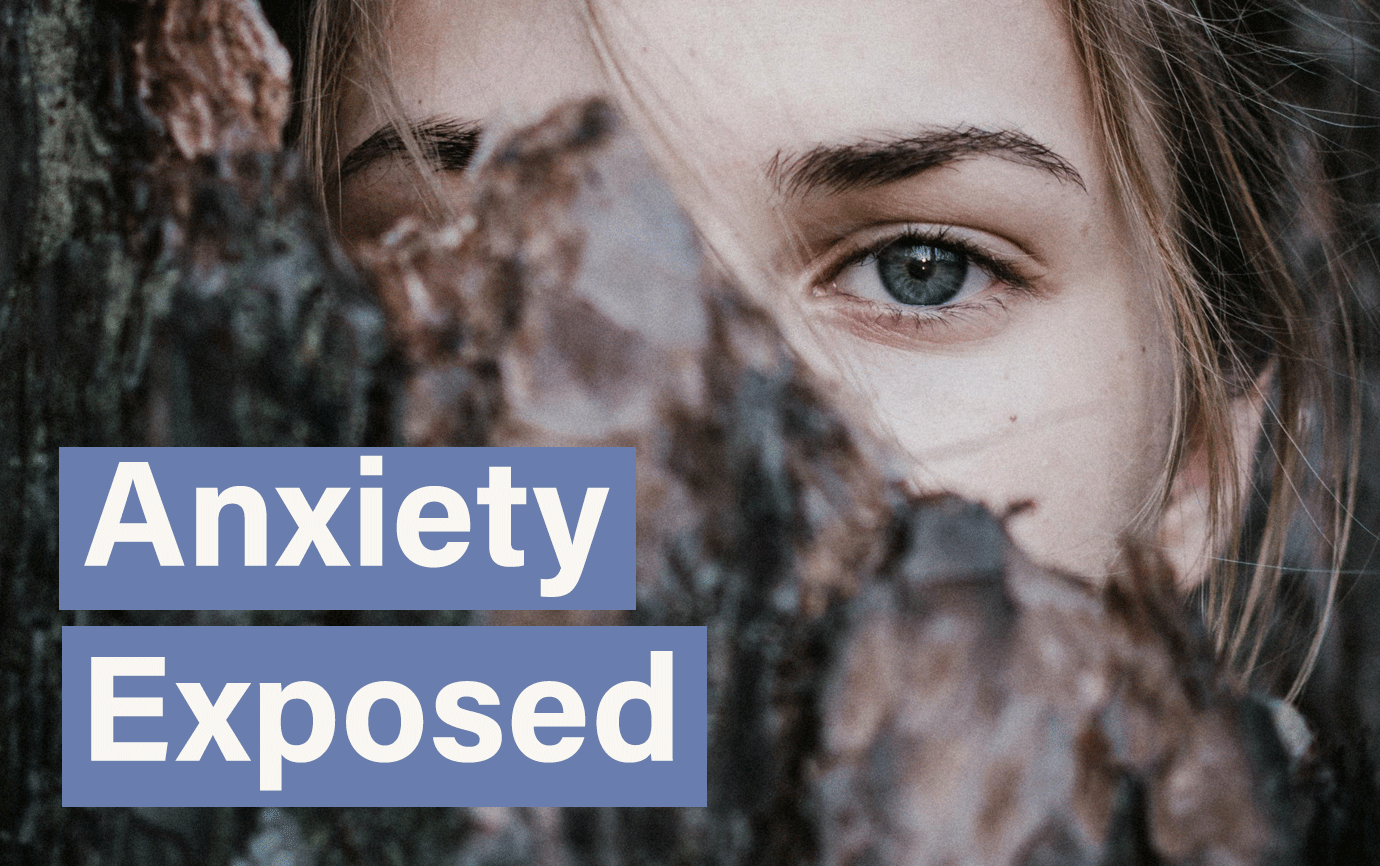In many cases, you probably think of trauma as being something that you experience individually on your own. You may falsely assume that it does not affect your relationships with other people.
It is normal to focus on trauma’s painful effects on yourself, of course. Perhaps you experience overwhelming anxiety about completing tasks that other people do effortlessly. Maybe you go out of your way to avoid trauma triggers. You brace yourself for bedtime each evening, knowing that nightmares or insomnia because of your trauma awaits.
Chances are you have made emotional adjustments to your life to deal with the aftereffects of your trauma. These adjustments can also affect your relationships, whether with a partner, close friends, or colleagues.
If you are wondering how, and if, trauma is affecting your relationship, here are some things to consider.
You Struggle to Connect
Trauma’s effects are numerous. Unfortunately, many people who have gone through trauma struggle to connect to others. This occurs for a variety of reasons, which can vary based upon what kind of trauma you have been through.
If you have experienced early childhood neglect or abuse, for example, connecting with others will be harder. This is because you did not receive the early, foundational bonding experiences and parental attention that you needed to learn how relationships form naturally and safely.
You are Always on Guard
When you have been through trauma, your body and brain often adapt by remaining on high alert to protect you from potential danger. Your neurological system is basically stuck in fight-or-flight mode, even though the initial danger has long passed.
When this happens, you cannot relax. You want to kick back, laugh, and enjoy conversation with your loved ones. Or you would like to go shopping without feeling tense and hyper-vigilant about what you might encounter on the drive there or in the store itself.
You can probably fill in lots of other scenarios. Your brain is trying to protect you from further damage, but unfortunately, it can get in the way of your relationship with others.
Big Emotions
Those who have experienced trauma often experience overwhelming emotions. These can include irritability, anger, panic, anxiety, and more. These reactions are completely understandable. But they can also create barriers in relationships.
Loved ones may feel hurt and pushed away if you lose your temper, even if that is not your intention. Likewise, you may feel embarrassed after having a panic attack in public with them and withdraw as a result.
If you avoid certain triggers, this can start to limit what you can do with your friends or loved ones. For example, you may not want to go out to eat or go to concerts or movies because of noise and crowds that could trigger anxiety. While your loved ones will be understanding and supportive, they still want to participate in these activities and may stop inviting you. Over time, this can wear on relationships.
You are Afraid to Be Yourself
Certain kinds of trauma can make you feel afraid to be yourself or to express yourself openly. In fact, they can even make you feel as though you are not even sure who you really are. This is another defence adaptation created by your brain. Unfortunately, this adaptation also makes it hard for you to connect, and for others to feel like they know you.
Like so many other mental health issues, trauma’s impact extends far beyond you as an individual. But you do not have to continue living trapped by its effects. You can find healing from its effects on you and on your relationships.
At The Relationship Centre, our therapists have worked with many clients to help them learn coping skills to overcome trauma. As they do this, they also learn how to remodel the way they interact with those around them. If you would like to learn more about doing the same in your life, please reach out to our office. Together, we can develop a plan to help you move forward.
A Book We Recommend
Waking the Tiger normalizes the symptoms of trauma and the steps needed to heal them. People are often traumatized by seemingly ordinary experiences. The reader is taken on a guided tour of the subtle, yet powerful impulses that govern our responses to overwhelming life events. To do this, it employs a series of exercises that help us focus on bodily sensations. Through heightened awareness of these sensations trauma can be healed.











